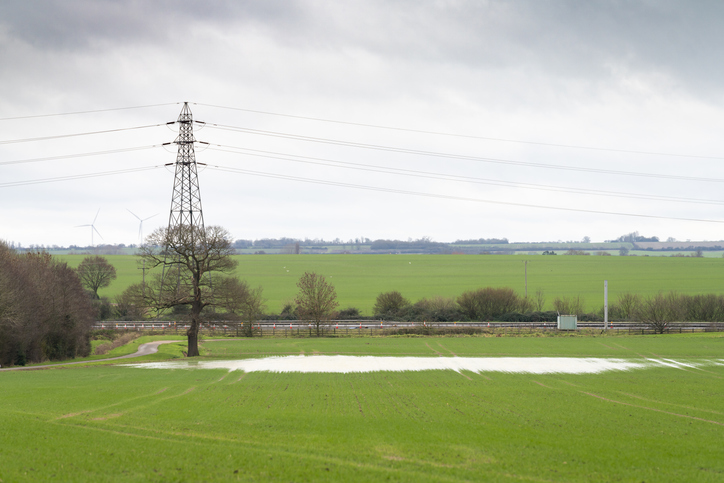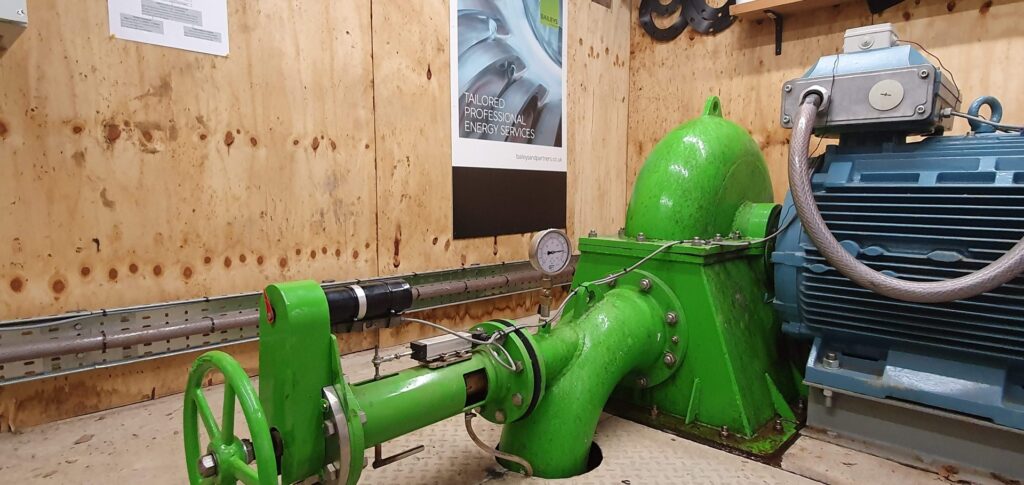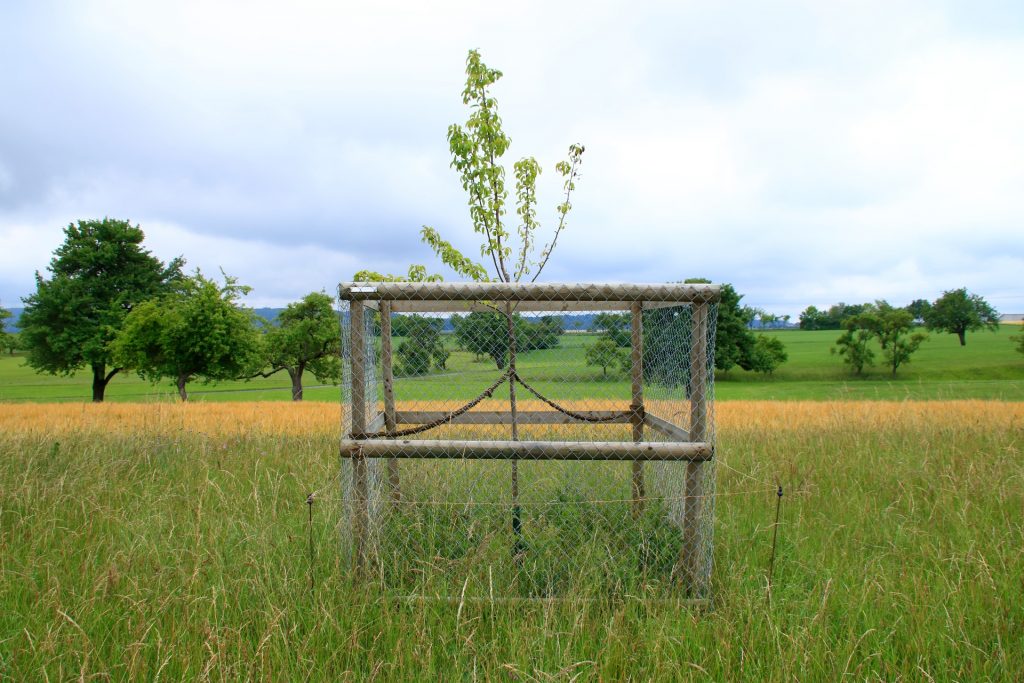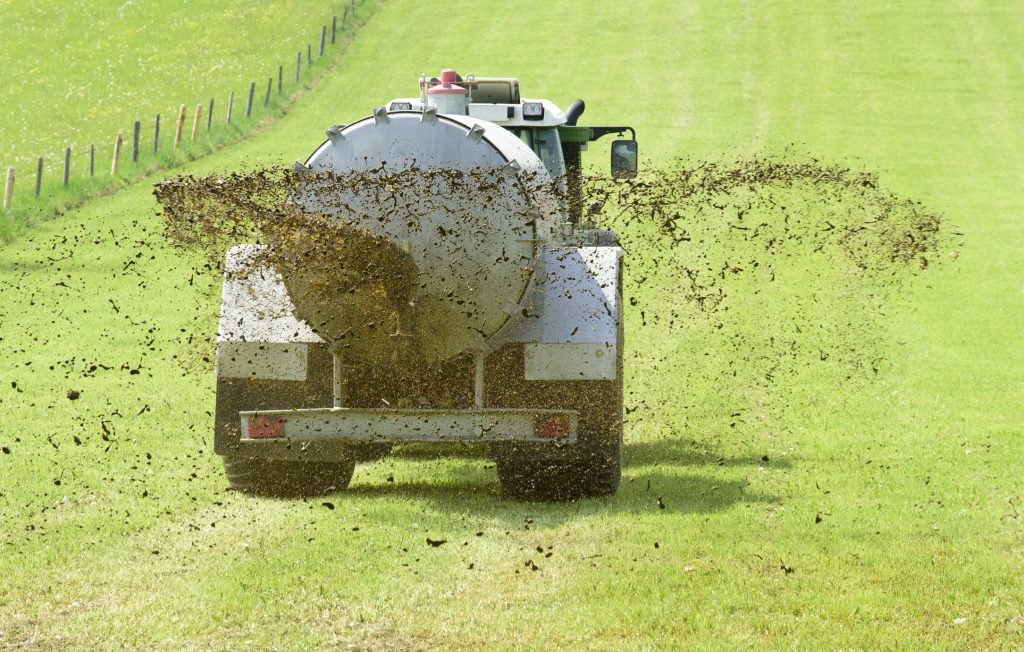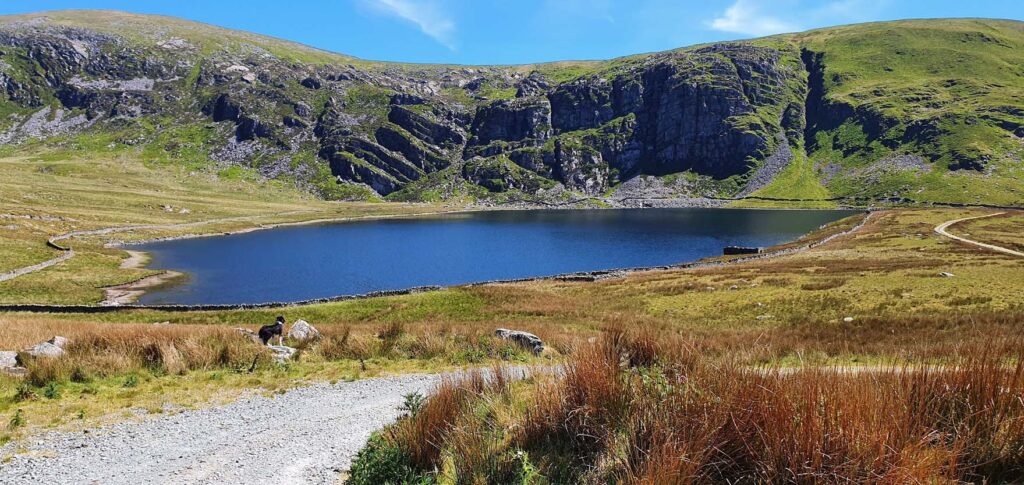It’s no secret that our utility infrastructure here in Wales is ageing and the antiquated apparatus has given rise to an ever greater need for utility companies to access farmland for maintenance or installation purposes.
As such, the need for these companies to access farmland where pipes have been laid and electricity poles constructed is growing. When access is required, it’s important that landowners understand their rights and the best course of action to take when it comes to dealing with utility companies.
Fortunately, Baileys and Partners has vast experience and expertise in negotiating with utility companies to help ensure landowners are financially no worse off from any damage caused by utility installations and maintenance on their land. We can also ensure that there is no cost exposure to the landowner.
What rights do utility companies have?
Here in North Wales National Grid, Scottish Power Energy Network (SPEN), Wales and West Utilities and Welsh Water/Dwr Cymru manage our region’s electricity, gas and water networks and therefore can request access to land.
If the utility company has given reasonable notice, which is usually around seven days or more, that they intend to use your land for the installing or maintenance of apparatus then you’ll have limited grounds to object.
Why is utility compensation important?
As a landowner, you’re entitled to claim compensation from a third party for disruption to your farming practices, damage to your land, or having to allow access to your land. For example, the installation of a pipeline across a field can have a significant impact on your business, as it will likely cause damage to the soil and field surface. Negotiations may also be required if installation of apparatus restricts the future use of your land taken up by the apparatus.
Let’s say a utility company uses vehicles on your land to access a pipe, it’s possible that they’ll drive over crops and their activity could lead to a mixing of top and sub soils which would reduce the quality of the field in question. Meanwhile the surface of the land would also be damaged and as such areas of grass would be no longer suitable for grazing.
The utility company does have the right to go back and address the damage, but if this is done to an inadequate level then you can claim further compensation.
Claiming compensation by our team will help to ensure that you are reimbursed for any income loss from the damage to your land.
How Baileys and Partners can help with your utility compensation claim
We have a wealth of experience when it comes to negotiating utility compensation on behalf of landowners.
Many of our practitioners have worked in both utilities and agribusiness, so possess a great deal of expertise in handling compensation claims, with insight from both sides.
Baileys’ Senior Surveyor Tom Hughes runs his own farming enterprise on Anglesey and has also worked within the utility sector. Crucially, he is trusted by farmers and landowners across North Wales.
Tom and the Anglesey team work closely with landowners and drawing on our extensive knowledge of agribusiness operations, we’re able to value your land and calculate farming losses caused by damage or use of a field for utility installation or maintenance.
We’re also on hand to support with assessing the extent to which utility companies have repaired any damage they’ve caused.
We will then be able to make a claim, efficiently and effectively on your behalf to ensure that you receive adequate compensation for any losses. Our fees are paid by the utility company, so there’s no cost to you, the landowner.
Baileys and Partners are passionate about farming and we have used our knowledge and expertise of the industry to support local farmers.
To find out more about Baileys and Partners’ expertise in utility compensation claims please call Tom Hughes on 01248 893777 / 07538 039889 or email tom@baileysandpartners.co.uk or click here.

